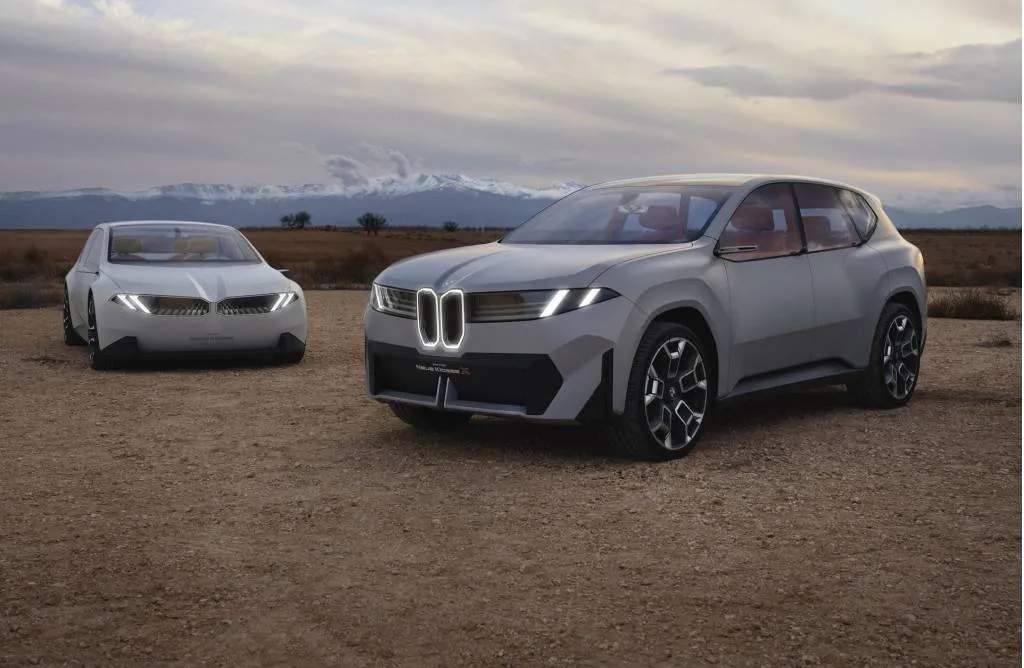- Europe needs to rethink its looming ban on vehicles with a gas engine, according to BMW’s CEO
- BMW CEO Oliver Zips said the ban will force automakers to rely on China
- There’s concern about battery supply and competing with Chinese EVs
BMW CEO Oliver Zipse on Tuesday called for an end to Europe’s planned phaseout of new internal-combustion vehicle sales halfway through the next decade, arguing that it will force European automakers to rely on batteries from China.
Speaking to Reuters and other media at the 2024 Paris auto show, Zipse said the attitude toward the plan for 100% EV sales by 2035 was “trending towards one of pessimism,” adding that “a correction” of this target “would also afford European OEMs less reliance on China for batteries.“
BMW Vision Neue Klasse X concept
The European Union introduced this target in 2021, and in March 2023 member countries enacted the stricter emissions standards that will bring the industry to the 2035 target. The law been repeatedly challenged by automakers as well as the Italian government, although Volvo and 49 other companies recently signed a declaration urging EU officials to stay the course.
BMW already contracts with China’s CATL, as well as South Korea’s Samsung SDI. Both companies have factories in Europe, but German automakers have also been pressured to purchase batteries from companies headquartered in Europe. A $2 billion deal with Sweden’s Northvolt was supposed to check that box for BMW, but the automaker nixed it earlier this year. Northvolt has since announced plans to cut costs and scale back its operations.

BMW Vision Neue Klasse X concept
BMW will need more batteries as it ramps up manufacturing of its next-generation Neue Klasse EVs, which shift to cylindrical cells and a new EV-specific architecture. Production is scheduled to start at two European sites in 2025, with production at a North American factory in Mexico following in 2027.
In addition to batteries, there’s concern in Europe that Chinese EVs themselves will pose a competitive threat to local companies. While the EU has placed tariffs on electric vehicles imported from China on top of its standard 10% import duty for cars, though, it has considered lowering tariffs for certain Chinese automakers.


